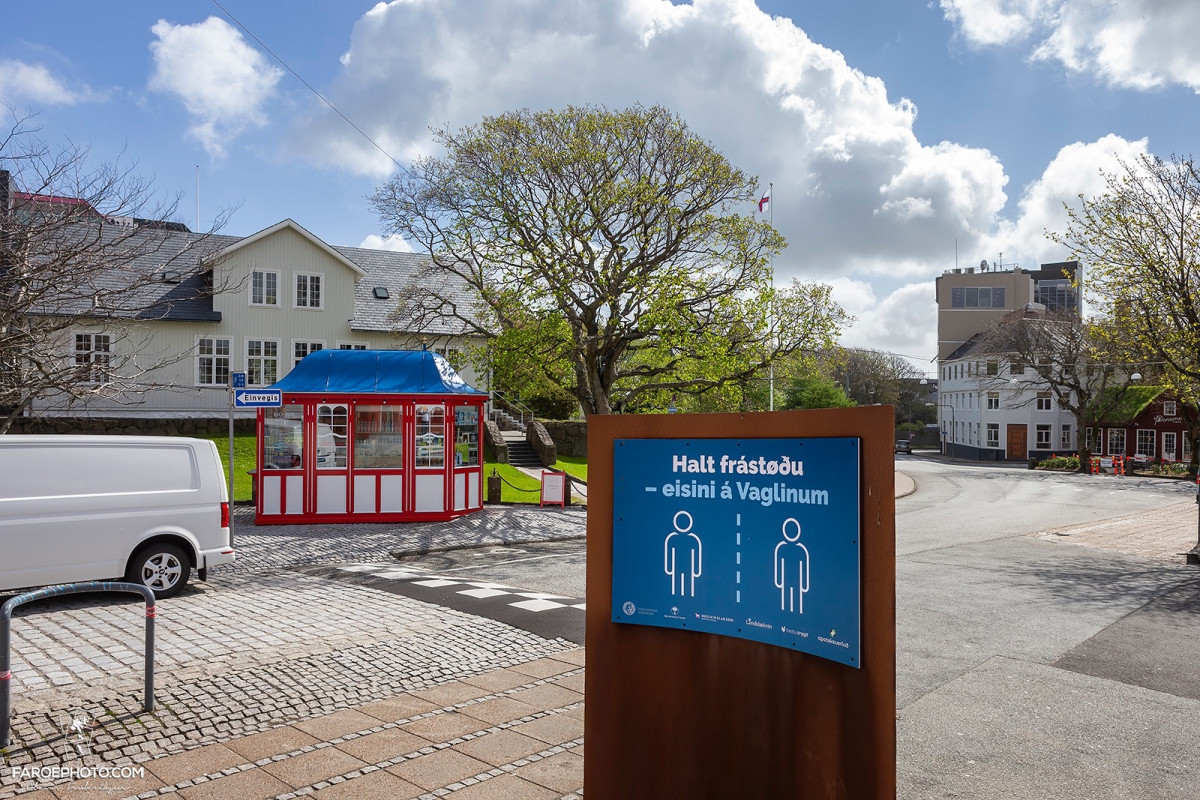Gistingar
03. nov 2020
Hotel visitor numbers halved in the past year

Faroese residents make up 11 percent of this decline, Danish residents 22 percent, and other nationalities account for about 75 percent of the decline.
At the bottom of this article are definitions of overnight stays and check-ins. It should be noted that these figures only apply to hotels, as there is insufficient data available on other types of temporary accommodation such as Bed & Breakfast, houses, flats and camping to provide a realistic picture of the general trends. All registered overnight stays are, however, listed in the statbank, grouped into the various accommodation types.
It is also important to note that as Statistics Faroe Islands does not have access to Airbnb data, there is no information on trends and developments for this accommodation type.
In January-September 2020, the number of hotel overnight stays dropped from 117,000 to 51,000 (55%) for non-Faroese visitors. The number of Faroese visitors dropped from 23,000 to 20,000.
Hotels bounced back in July after big slump in the spring
The two graphs below show the month-by-month pattern in the numbers of overnight stays and check-ins. After a drastic decline in April, May and June, the numbers started to recover in July to a level equivalent to 2014-2015.
Hotel figures dominated by Danish residents
Residents of Denmark represent a vast majority (46%) of hotel overnight stays in the first nine months of this year. Last year, Danish residents made up 31% of the total. Next on the list are Faroese residents, at 28%, compared to 16% last year. Hotel visitors from other countries made up only 26% in January-September this year, compared to 53% in the same period last year.
Biggest drop in visitors from North America, Sweden, Norway and the UK
This is also clearly reflected in the table below. There was a 48% total drop in hotel overnight stays in the first nine months of this year. Faroese residents constitute 11 percent of this decline, Danish residents 22 percent, and other nationalities account for some 75 percent of the decline.
The largest decline was in visitors from North America (85%), Sweden (84%), Norway (79%) and the UK (78%).
Definitions
In this context, an overnight stay is defined as a single night spent in a hotel which registers and passes this information on to Statistics Faroe Islands. For example, if ten people spend three nights at a hotel, this counts as 30 overnight stays.
The statistics also feature check-ins, i.e. the number of individuals who check in at a hotel, house/apartment, camping site or Bed & Breakfast.
As mentioned above, since Statistics Faroe Islands has no access to Airbnb data, there is no information on trends and developments for this accommodation type and how it may skew the overall figure for accommodation in the Faroe Islands.